Ever since I had set foot off the airplane in Kathmandu, everyone had been warning me about the water. Don’t drink it, don’t eat raw fruits or vegetables washed with it, don’t even brush your teeth with it. This was vaguely stressful at first, but soon became second nature. By the time I got home four months later, it felt strange to brush my teeth from the faucet.
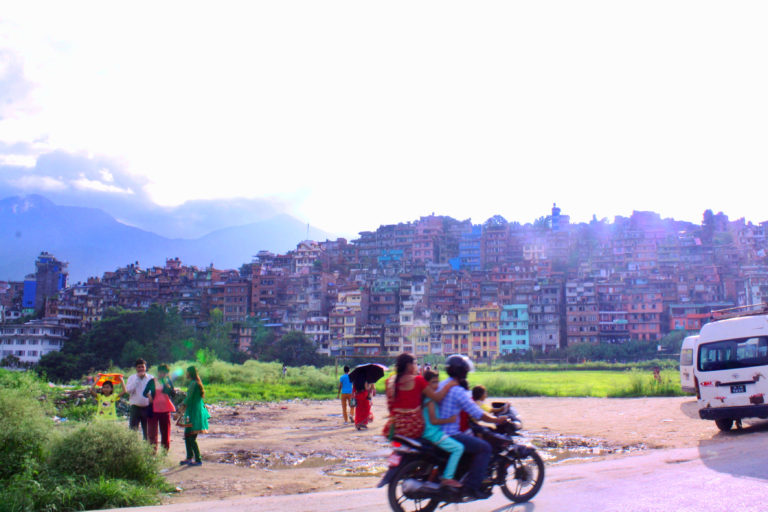
The same rules applied when I left Kathmandu and ventured east to Ilam. Ilam borders India, and is known for its tea.
I was there to do research, and I spoke with a number of local tea farmers. Many of them felt bitter because their tea leaves are often bought, then processed, marketed and re-sold as Darjeeling teas. (Darjeeling is the neighboring, more-famous tea hub in India.) This hinders the region’s ability to be as world-renowned for its teas as Darjeeling is.
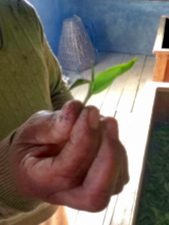
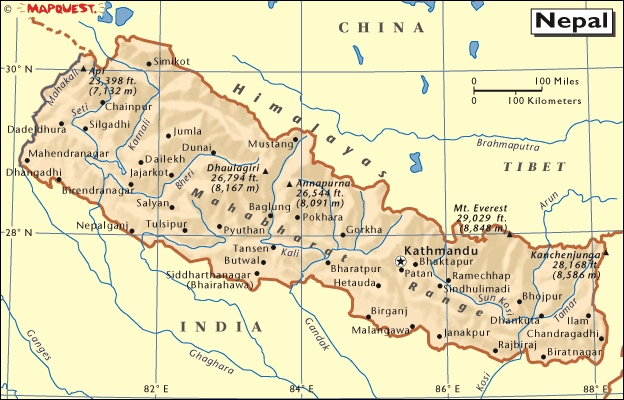
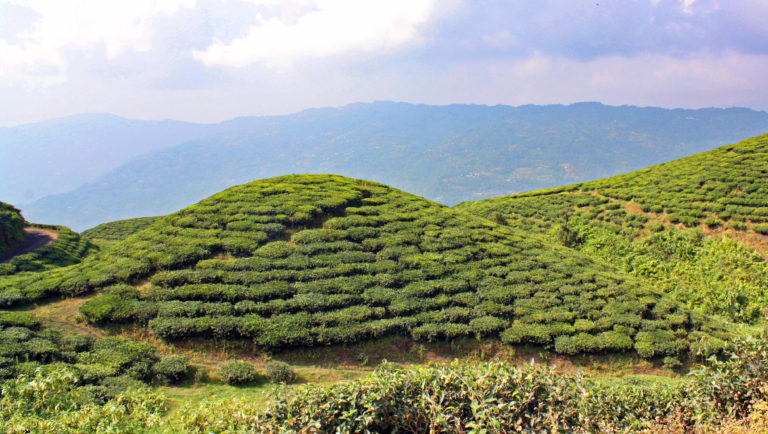
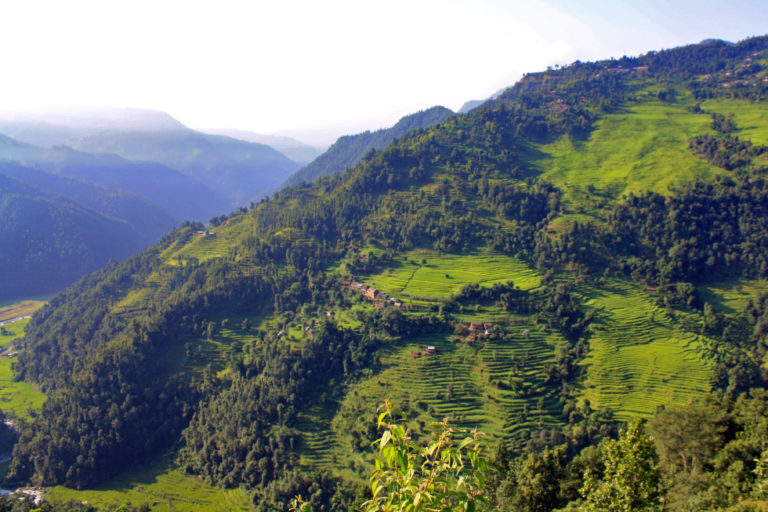
Anyways, I was in Ilam for two weeks and itching to explore the area.
The first problem I faced was that all of the local bus drivers were on strike. This had become a common theme when it came to navigating public transportation (During lots of international travel — this also happened with the trains in France!).
So some friends and I decided that rather than wait on a bus, we would instead make the hike up a nearby mountain to Mai Pokhari. Spend the night in a hostel, then hike back down the next day. There was a well-defined path, and two of the four of us were Nepalese. Simple enough, right?
Mai Pokhari is a pilgrimage site for Buddhists and Hindus that holds a nine-cornered lake. The protected wetlands are a 1.5 hour drive from Ilam Bazaar (bazaar = town center), up windy mountain roads. So while the hike was daunting, it was the type of challenge we wanted. Shortly after setting off, we were faced with breath-taking views of rice and tea fields.
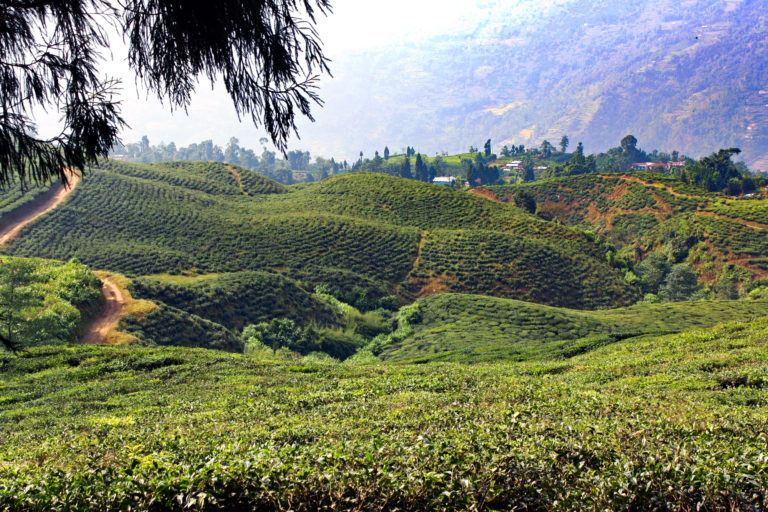
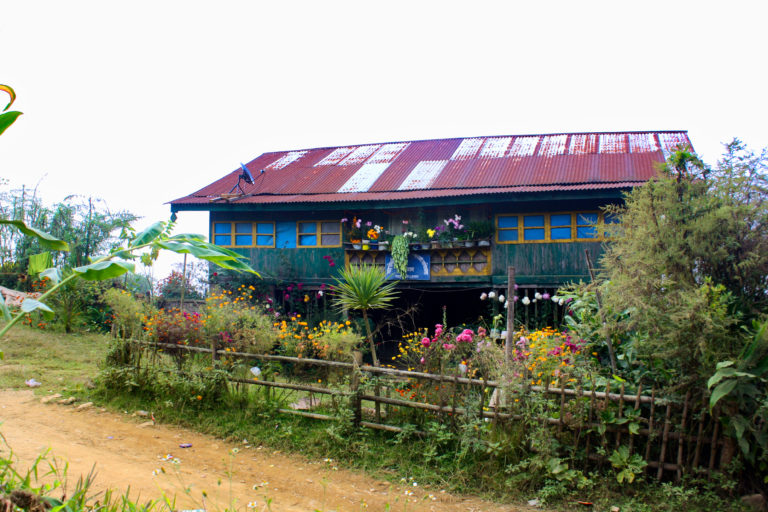
It was about three quarters of the way up the mountain when things became not-so-simple… a horrible feeling began to take root in my stomach. Considering the ground covered so far and the remaining mountain ahead, I was luckily able to manage a brave face just until we reached the top. Mercifully the hostel was directly in view. We checked in right as my food poisoning took full effect.
That was the start of one long, blurred night. (But thankfully just one.)
I had been so curious about that nine-cornered lake… what does that even mean??! Was the meaning misconstrued in the translation? But while my friends took time to explore, I spent my evening in Mai Pokhari throwing up. I would love to say I might make it back someday to find out about the corners, but I haven’t quite been able to shake the memories of the 12 hour bus ride it took to even get to eastern Nepal. Thanks to food poisoning, my perception of what a lake can be may remain forever as “round”.
My sickness was and wasn’t unexpected. I had been living in Nepal for several months already and was honestly surprised it hadn’t happened sooner. There had after all been a few times where I’d slipped up and brushed my teeth with straight sink water(!). This however wasn’t what was going through my head all night as I sat awake sick. My mind was pretty blank beyond just wondering how I would possibly get back down this mountain.
The morning arrived and I was desperate to return to my long-term hotel room, where I could at least feel a bit more at home and like a bit less of a spectacle. The problem was that I was still in no condition to hike. And the bus strike was still going strong. So basically I was stranded! Unless…
My friend Minu to the rescue. She was Nepalese, so able to easily understand the situation and make arrangements. “It turns out the hostel owner’s uncle has a motorbike, and they are still able to use the roads.” She arranged for me to ride down the mountain on a stranger’s motorcycle. I just wanted out of there, and I agreed.
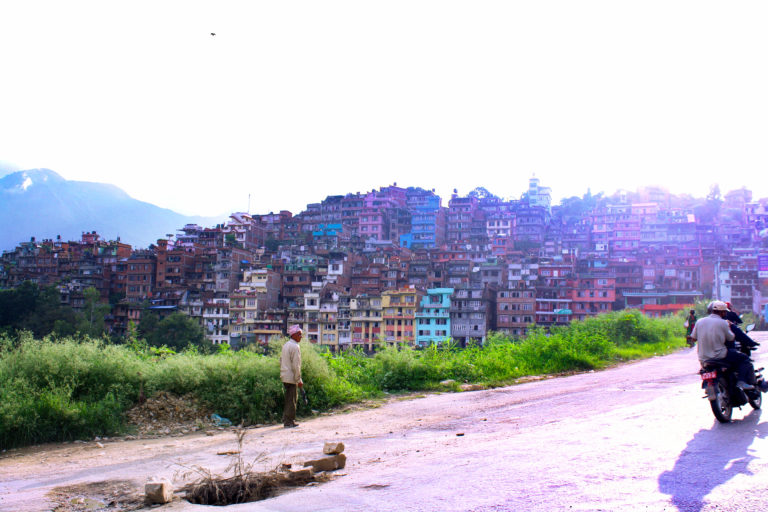
At that point in my life, I had never ridden on a motor cycle before. And Nepalese roads are no joke – if there are traffic laws, few people seem to follow them. When cars speed around each other on blind curves, drivers blare their horns and seem to rely on luck. The mountain roads were steep and winding, but I at least was handed a helmet.
So I waved a feeble goodbye to my friends, then set out down the mountain, on the back of a motorcycle, with the hostels owner’s uncle I couldn’t communicate with.
The whooshing air and blurring scenery must have been enough of a distraction, because I forgot I was sick for the time being. I found myself in the moment, bracing with every turn. Thankfully the roads were mostly empty, probably due to the transit strike. Mai Pokhari and the bleary night fell farther and farther behind me.
We made it back into the city center of Ilam, and I pointed the way back to my hotel. Stepping onto solid ground, I wasn’t sure if I should hand the man some money or what. I remember wondering that much, but I don’t remember what I actually did. I’m sure I thanked him, but the food-poisoning-fog was back. I would spend the next few days holed up in my room.
After a strike, food poisoning, and a motor cycle ride, it was time for some slow, uneventful days.
On one hand, uneventful was a good thing because it meant my health had returned. But during many of my slow days in Nepal, when I wasn’t hiking the Himalayas or bathing an elephant, I fully felt my isolation.
I’ve been reflecting on that a lot lately. It was hard to be surrounded by an unfamiliar culture, with seemingly strange norms. (I didn’t want to sit on the ground and eat more rice with my hands.) It was lonely to not be able to communicate with the people around me as well as I was used to. (“Wait, so is this water boiled and treated?”) It was scary to not understand much of what went on around me. (“I’m getting back down the mountain how?!”)
My college friends were still in the US spending time together & making memories as usual. Had I made the wrong choice?
But now as I’m reflecting, I’m so glad for my decision. When I passed through days feeling alienated and foreign, I was experiencing growing pains. My very mind and perspectives were practically bursting each day, with these new people and places. I think we have to stay somewhere foreign long enough for the tourist experiences to slow and to feel that discomfort, in order to reap the true benefits of travel.
Now my heart leaps with these strange memories, and I yearn to find myself somewhere completely foreign again. It’s a big world out there, and chances are I will at some point “drink the water” again, but at least I’ll have the longterm perspective; these will turn out to be the most meaningful travel experiences in my life.
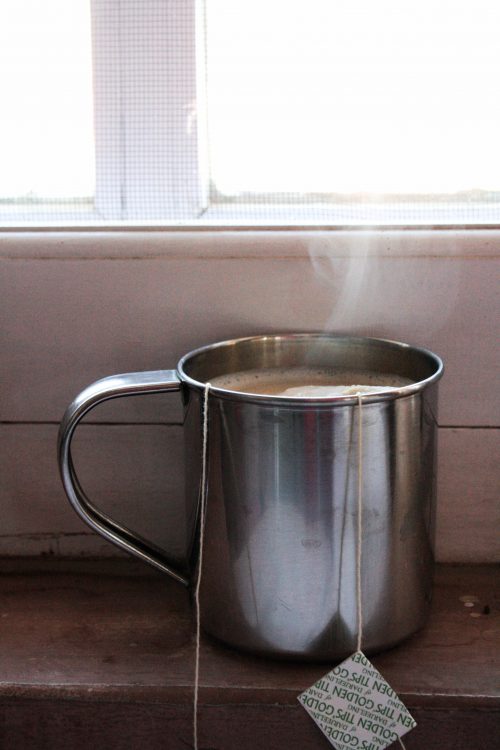
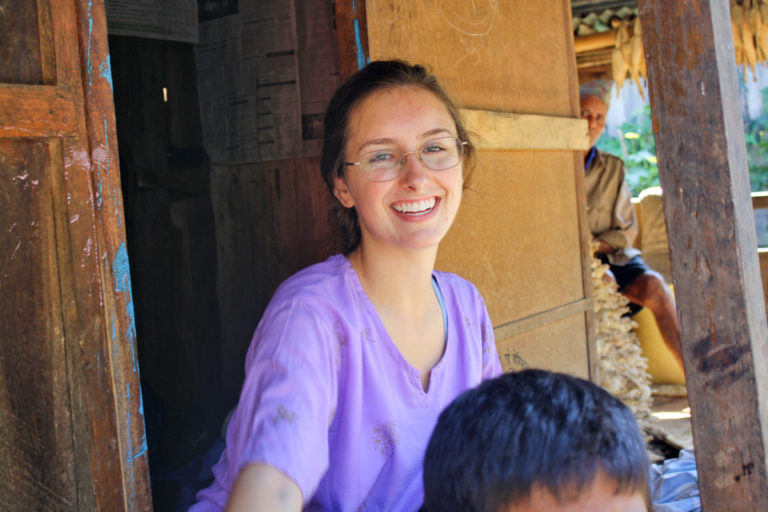
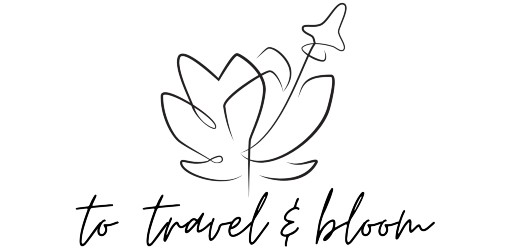
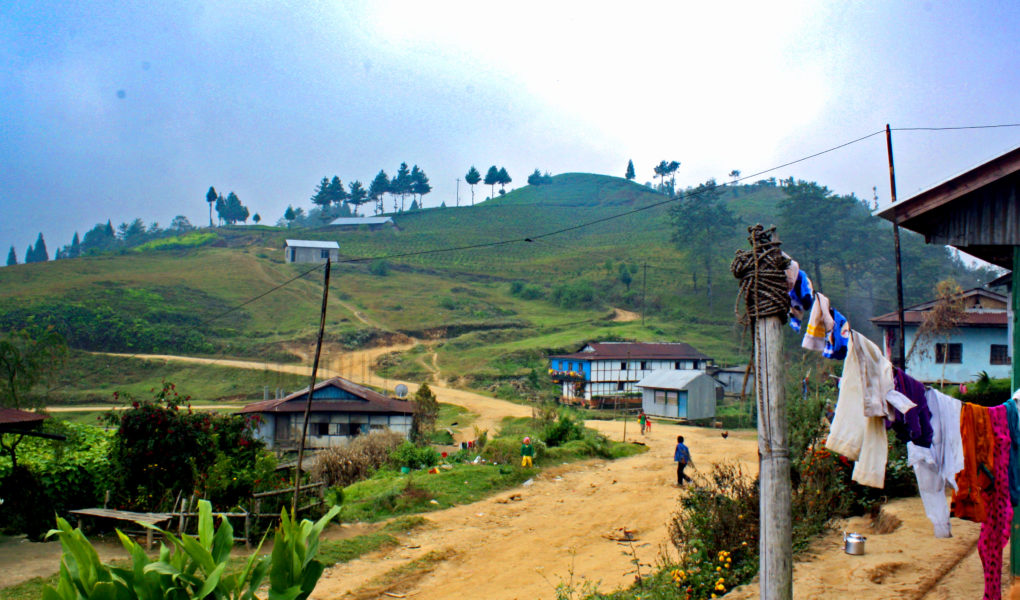
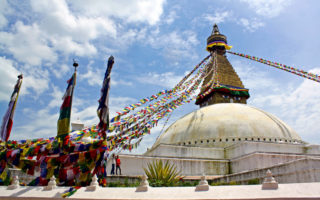
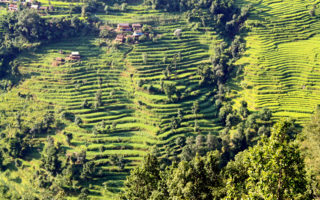
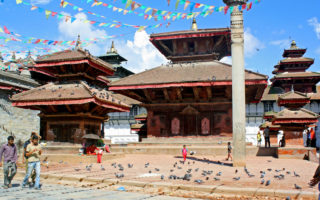
[…] Research whether tap water and street food will be safe to consume. Otherwise you will need to drink only boiled or bottled water. Maybe also avoid uncooked fruits & vegetables. (One unfortunate example from Nepal comes to mind — read about it here!) […]